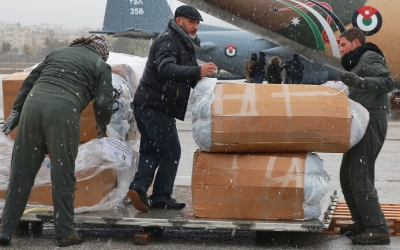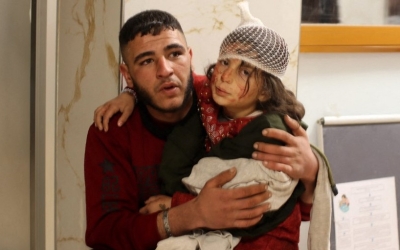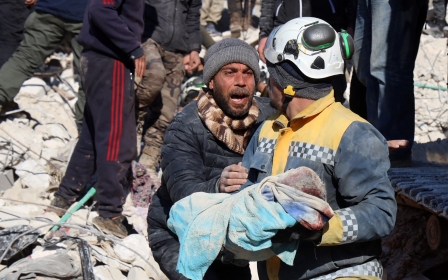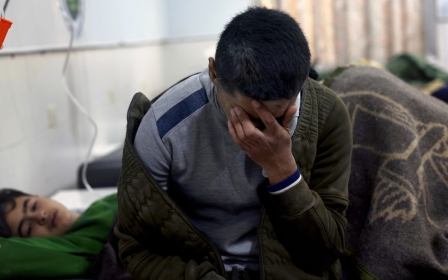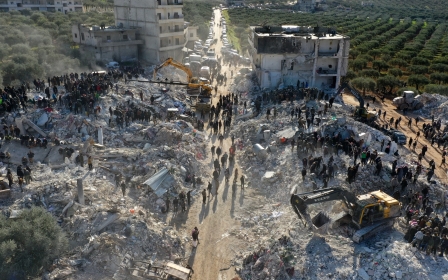What else should happen before the world takes Syrians' suffering seriously?
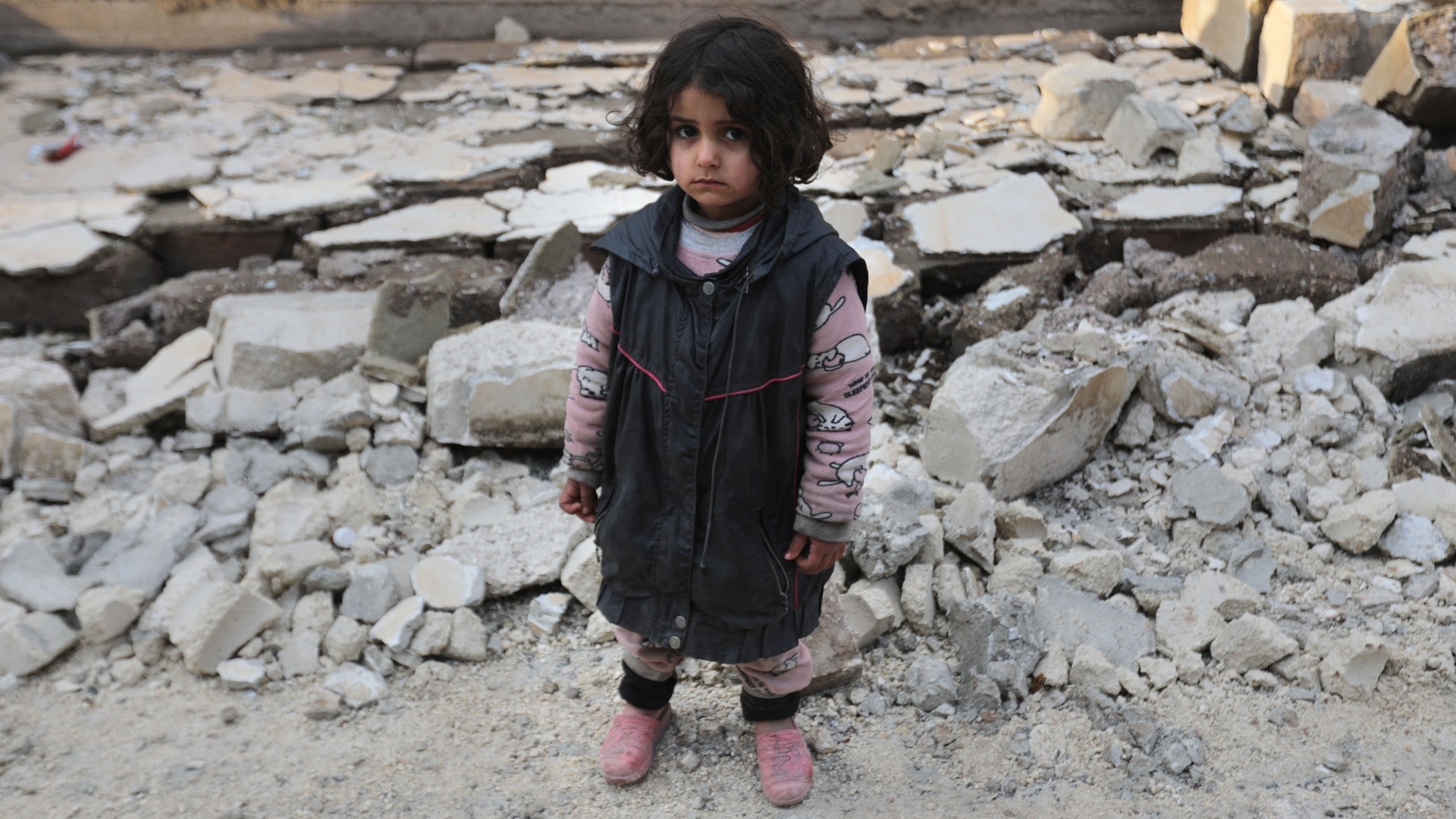
I write this as I prepare to travel to southern Turkey to help support my team, Action For Humanity, the parent charity of Syria Relief, on the ground.
Among the thousands killed and the unimaginable number of people injured, are three members of our team and dozens of family members of our staff. So many have lost their lives. So many have lost their homes. So many have lost their futures.
If words from governments put shelter over heads, food in mouths and pulled bodies from rubble – this emergency response would be over by now
We are doing all we can to help. People in Syria and Turkey are doing all they can to survive and make sense of the devastation that tore through their towns and communities this week.
But they need support. We, the humanitarian aid organisations, need support.
We are exasperated and exhausted that once again we have to ask the world to send enough humanitarian aid to the Syrian people in their hour of need.
New MEE newsletter: Jerusalem Dispatch
Sign up to get the latest insights and analysis on Israel-Palestine, alongside Turkey Unpacked and other MEE newsletters
However, this is not just their hour of need or their week of need. This has been their 12 years and counting of need, and we – the international community – have once again simply not done even nearly enough.
As the rest of the world has largely shown inaction and apathy to Syrians' suffering, the Turkish people and government have hosted more Syrian refugees than any other country and continue to do so. Such hospitality comes at great expense. Turkey deserves our support too. This is also Turkey's hour of need.
We have allowed the Syrians' suffering to grow. Northwest Syria is a war zone, undergoing an economic crisis and now devastated by an earthquake. And despite the conflict, the poverty, the natural disaster, we are still not getting enough aid into Syria.
What else needs to happen before we start taking the suffering of Syrians seriously?
No aid yet
At the time of writing, no aid has crossed into northwest Syria. All the aid for humanitarian relief work is being sourced locally. The UN-mandated crossing point is non-functional as the roads are damaged and there’s not enough staff to man the border posts - due to the devastation caused by the earthquake.
The option of using commercial routes that allow transporting aid into Syria is also unlikely as they have also been damaged and are unusable.
So not only is aid not getting into Syria, but due to the delay it will take to get the aid across the border, the demand for it will increase, whilst supply is close to zero, causing the costs to rise. Poverty has been spiralling in northwest Syria for years - the prices for basic goods were unaffordable.
I cannot imagine what these aid delays will do to the prices.
In 2022 the humanitarian response plan to Syria was less than 50 percent funded. Now, due to the scale of suffering and disaster and international neglect, we do not need it to be 100 percent funded. We need it to be 200 percent, 300 percent funded.
Before Monday, northwest Syria was one of the global capitals of displacement and poverty, with more than 4.1 million of the area’s 4.5 million population dependent on humanitarian aid and over 2.8 million people already internally displaced from other parts of Syria.
Now, those numbers have increased exponentially.
We still don’t even know how to start counting how many of those who have been displaced by this earthquake had already been displaced. We don’t know how to start counting how many people have now been plunged into extreme poverty. We are still trying to count the dead and injured.
If words from governments put shelter over heads, food in mouths and pulled bodies from rubble – this emergency response would be over by now.
But words don’t. Funding does. Action does.
A plea to governments
There are entire families that are dead, children trapped under buildings since Monday, boys and girls who spent their entire life escaping war to the safety of poverty-stricken northwest Syria, only for this natural disaster to demolish the buildings they lived in.
Prior to Monday, children in northwest Syria were already at high risk of exploitation, child labour, child marriage, violence and abuse. Prior to Monday, hospitals were already overstretched and underfunded.
Prior to Monday people were already getting sick from waterborne diseases due to poor access to clean water.
Monday’s earthquake was not the start of their suffering. It has just worsened it exponentially. Help does not just need to come now. It needed to come Monday. It needed to come in 2012.
I am once again making this plea to governments, to the international community to act. And if you’ve already taken action, do more. We are not doing enough. And we haven’t for 12 years.
Why does Action For Humanity/Syria Relief and our peers once again have to persuade the world to act to stop the suffering of Syrians?
The views expressed in this article belong to the author and do not necessarily reflect the editorial policy of Middle East Eye.
Middle East Eye delivers independent and unrivalled coverage and analysis of the Middle East, North Africa and beyond. To learn more about republishing this content and the associated fees, please fill out this form. More about MEE can be found here.



